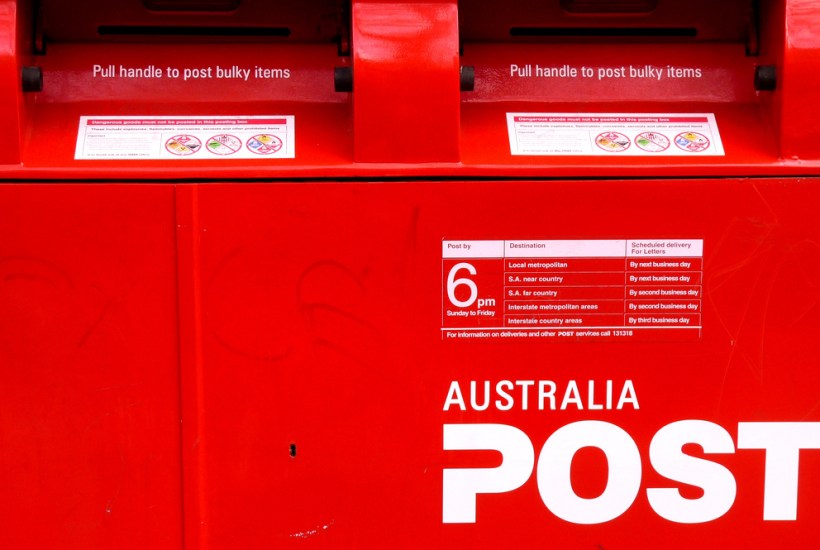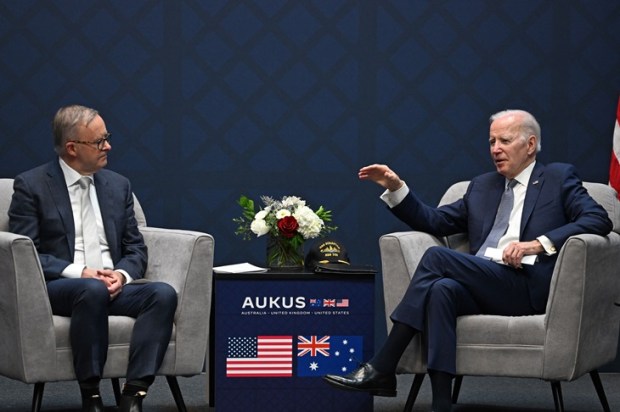The late great Harvard professor John Rawls famously said that a diversity of opinions on issues relating to morality, religion, and the human condition is a permanent feature of any free society. In other words, division, not uniformity, will characterise liberal democracies regarding many issues of morality.
One of Rawls’ other insights was that even though contradictory sides of a debate cannot both be correct in all respects, they can both still be reasonable to varying degrees.
Already a subscriber? Log in
Subscribe for just $2 a week
Try a month of The Spectator Australia absolutely free and without commitment. Not only that but – if you choose to continue – you’ll pay just $2 a week for your first year.
- Unlimited access to spectator.com.au and app
- The weekly edition on the Spectator Australia app
- Spectator podcasts and newsletters
- Full access to spectator.co.uk


























Comments
Don't miss out
Join the conversation with other Spectator Australia readers. Subscribe to leave a comment.
SUBSCRIBEAlready a subscriber? Log in